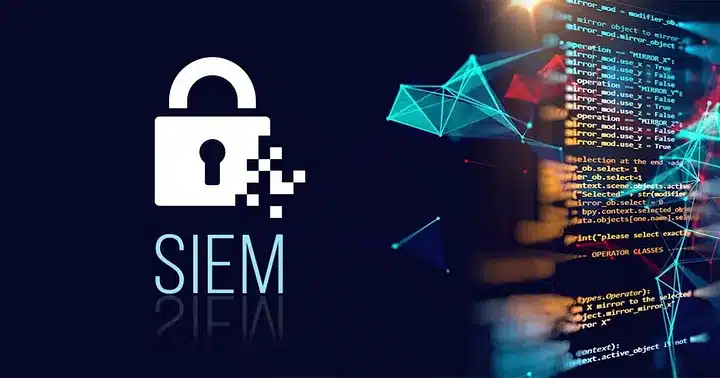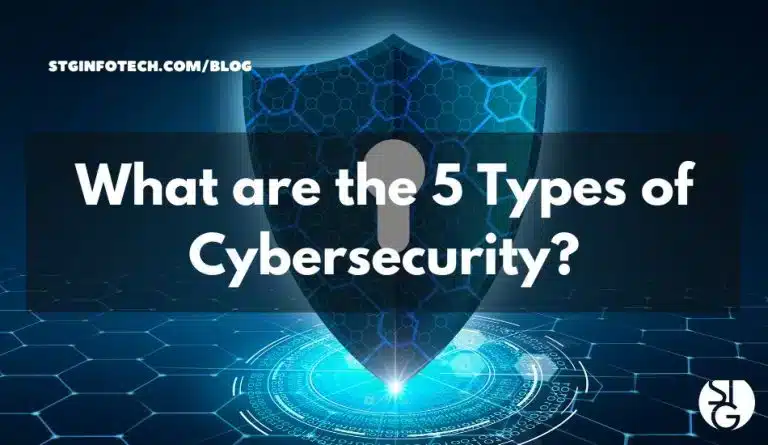In this post, we’ll help to understand what ethical hacking really is, and why it’s beneficial to the current state of cybersecurity.
Let’s get into it.
What is Ethical Hacking?
In a world full of digital threats, ethical hacking stands as a powerful shield.
Contrary to popular belief, hacking is not always a villainous practice.
Ethical hacking is also known as penetration testing. The idea is companies will send in authorized individuals, known as ethical hackers, who work diligently to identify and rectify vulnerabilities in computer systems and networks.
These vulnerabilities are potential entry points for malicious hackers.
Ethical hacking is the hero that comes into play when there’s a threat to a system’s security – like in cases of password leaks, data breaches, or conventional hacking.
These ethical hackers, under the authority of concerned company leaders, protect us from ill-intentioned hackers and their malicious activities.
Why is Ethical Hacking Important?
Let’s understand why ethical hacking is so vital in today’s digital age.
We’re at the tail end of 2023. Most companies have a digital presence and they prefer to. But with digitalization, they have to ensure the security and privacy of their data.
Ethical hacking is used extensively to test, manage, and design security systems, finding and correcting vulnerabilities. Bug bounty programs create a win-win situation, where hackers discover and report technical bugs, helping companies strengthen their security before a bad actor can intervene.
Ethical hacking safeguards critical data from adversaries, reducing the risk of blackmail and data leaks.
National and state-funded organizations hire ethical hackers to prevent cyber terrorism and terrorist attacks. Ethical hackers think like attackers with malicious intent, identifying potential entry points for vulnerabilities.
They provide security assistance to various domains, including software development, risk management, quality assurance testing, and network defense. As well as develop testing tools and methodologies to prevent similar security breaches in the future.
They are essential for businesses dealing with info products, applications, and websites, offering unparalleled security.
Types of Ethical Hacking
Now, let’s talk about the different ways ethical hackers can get into security systems and networks:
Web Application Hacking – This involves testing a computer system or network to find security vulnerabilities that could be exploited. It can be done manually or automatically.
System Hacking Involves gaining access to networks to steal data, requiring careful reviews of server or computer network security.
Web Server Hacking explores weaknesses in web servers, potentially leading to data theft, particularly via sniffing attacks.
Wireless Network Hacking targets wireless networks, which are often vulnerable to hackers due to the ease of radio wave interception.
The Different Types of Hackers
There are three primary types of hackers.
The Black Hat Hackers aim for financial gain and engage in activities that cause financial losses to individuals or organizations.
White Hat Hackers are the true ethical hackers, they work with permission from system owners to secure computer systems and networks.
And then there are Grey Hat Hackers which fall between black and white hat hackers, focusing on financial gain while remaining ambiguous in their ethics.
Bug Bounty Programs
HackerOne, an ethical bug bounty hacking community, has awarded a staggering $300 million to ethical hackers and research involved in resisting cyberattacks.
This program connects organizations with a community of ethical hackers who identify and report bugs in exchange for rewards.
These ethical hackers play a vital role in discovering vulnerabilities, applying continuous assessment, and enhancing security processes.
Imagine a scenario where a hacker finds a weakness in a company’s software, but instead of exploiting it, they report it to the organization.
In return, they receive a reward.
This is the essence of bug bounty programs, where ethical hackers are motivated to proactively find and fix flaws before malicious actors can exploit them.
HackerOne’s customer base has been expanding their use of hackers beyond traditional bug bounties, with pentesting engagements increasing by 54%.
This proactive approach to cybersecurity is crucial, as it helps organizations stay one step ahead of cyber threats.
Conclusion
Ethical hacking, once misunderstood, is now gaining recognition for its invaluable role in safeguarding digital assets.
As the world becomes more digital, the demand for ethical hackers will continue to rise, offering new career opportunities for those interested in this field.
Ethical hacking is a proactive approach to securing data, helping organizations protect their reputation and avoid financial losses. It ensures that clients and customers can trust an organization to keep their data secure.
Check out our last video! ➡️ Is 23andMe a Cybersecurity Nightmare? Protect Your Genetic Data
Remember, the world of ethical hacking is ever-evolving and it’s a sign that we must stay on top of our cybersecurity efforts. Feel free to set up a call with one of our expert technicians via the Calendly link below. We’d be happy to discuss solutions with you.
Click here to schedule a free 15-minute meeting with Stan Kats, our Founder and Chief Technologist.
STG IT Consulting Group proudly provides IT Services for Small to Medium Businesses in Greater Los Angeles. We’d love to see if we can help you too!




